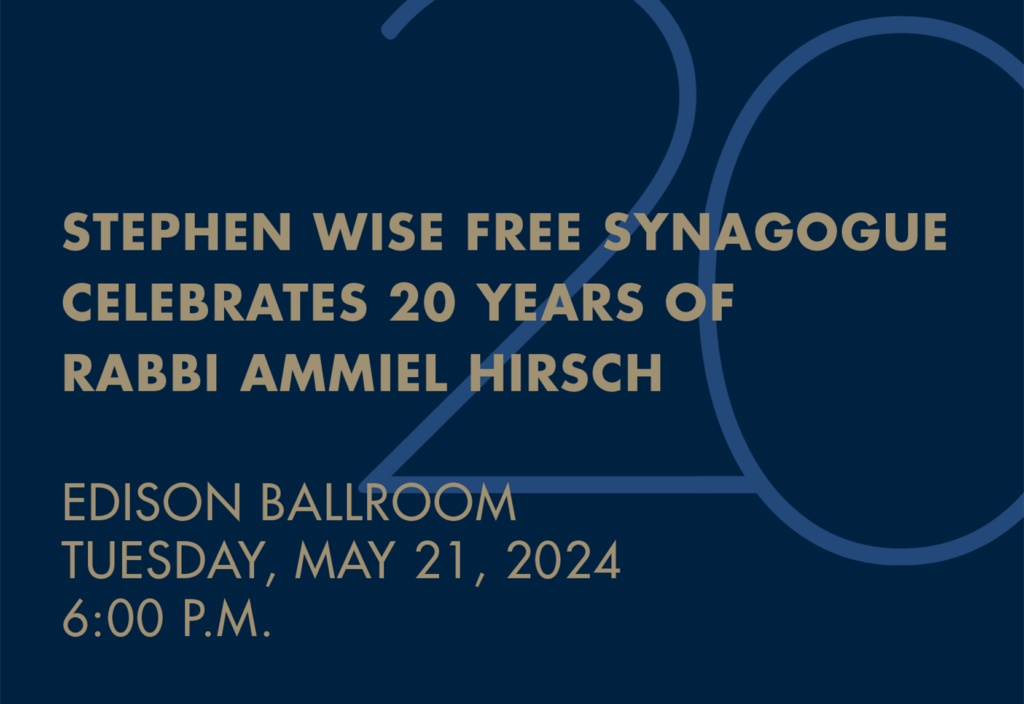“Too often the faults we see in others are simply a reflection of faults we are trying to hide in ourselves,” says Rabbi Dalia Samansky as she describes an antiquated practice found in this week’s parashah. “How have we projected our biggest fears about our own lives onto those that we love? And how do we recognize and then alter our behavior?”
We may ask ourselves why B’midbar, the Book of Numbers, begins and ends with a census of the wandering Israelites in the desert. “What importance is a simple list of tribes and numbers?” asks Rabbi Dalia Samansky. “When a census is taken we are reminded that yes, each and every one of us counts. But the commentaries go further with this and talk about our responsibility to be accountable, not just counted,” she says.
Leviticus spells out what may happen if we act unjustly — in shocking detail, says Rabbi Ammi Hirsch. And with disconcerting prescience, it predicts the survivors “shall stumble over one another as if they were fleeing the sword – but there is no pursuer.” As Rev. Martin Luther King Jr. so eloquently said: “We are caught in an inescapable network of mutuality, tied into a single garment of destiny.” If you like what you’ve been seeing, pick up a copy of Rabbi Hirsch’s new book — available now at swfs.org/book.
“We usually count up when we don’t know what to expect,” says Rabbi Samantha Natov as we mark off the 49 days of the Omer, the time between the second day of Passover and the start of Shavuot. “The rabbis, in their wisdom, had us count this way in order to embody the experience of the Israelites — walking into the unknown.” Who knows what our journeys will bring?
“We’ve made it to 75!” says Rabbi Ammi Hirsch on Israel’s 75th Independence Day. “The Jewish state is our supreme accomplishment and the demographic center of the Jewish world. It has injected the Jewish people back into history. As challenging as these days are, history has proven that it is far better for our people to struggle with power than to face the trials of powerlessness alone…”
Rabbi Samantha Natov ponders why the high priest Aaron remained silent following the untimely death of his sons Nadav and Avihu. Amidst the rise in shootings and violence in our country, she asks, “What about our silence? When is our silence complicit in enabling tragedy?”


